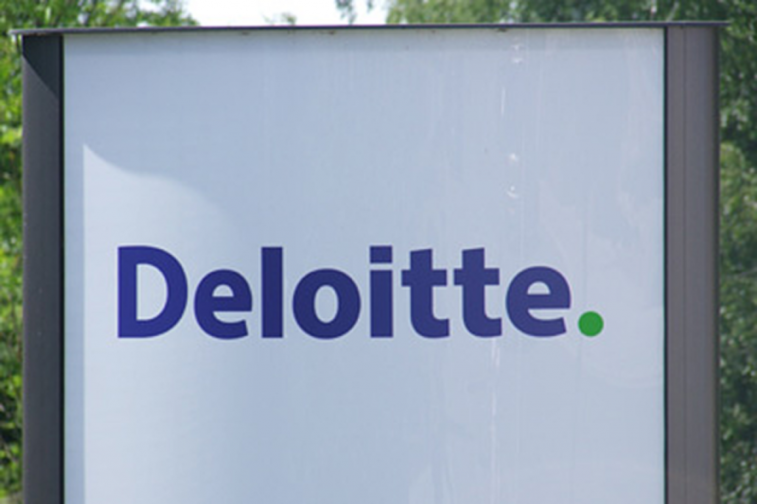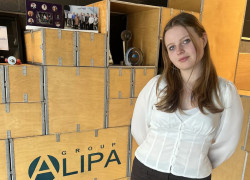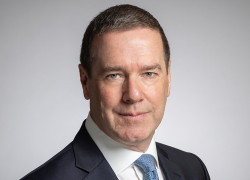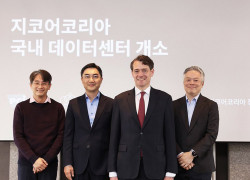Europe’s cross-border fund industry could save nearly €1 billion with improvements to the fund distribution supply chain
By improving the efficiency of its distribution supply chain, Europe’s cross-border fund industry could reduce distribution costs by up to 70 percent, according to the new Deloitte Luxembourg and Fundsquare study Europe’s fund expenses at a crossroads: The benefits of mutualizing the cost of distribution. Europe’s cross-border fund industry currently spends €1.3 billion per year on cash management, errors and reconciliation, Know-Your-Client (KYC) and due diligence processes, among others.
This study finds that costs could be reduced to €376 million if elements of the fund distribution supply chain were mutualized. The analysis is based on a sample of 400 funds managed by 60 promoters established across 6 domiciles. The study was presented on 30 June in Monaco during the International Fund Forum.
According to Benjamin Collette, Global Investment Management
Consulting Leader within the Deloitte network, “Europe’s fund industry has doubled in size over the past ten years and will surpass €10 trillion during 2015. In order to strengthen this positive momentum and continue bringing efficiency benefits to investors, it is key to further reduce fund expenses and leverage the benefits of mutualization.”
Cost saving opportunities
The study compares two potential areas of cost savings: cross-border distribution and supply chain management.
The authors find that improving supply chain management would offer significant cost savings. While process automation has been a key focus of attention in the last years with tremendous success and benefits brought to investors through reduction in fund expenses, it remains a crucial element of these savings, and industry mutualization represents the most innovative form of cost management. The study applies this principle to KYC and cash management activities, showing the positive effect of replacing the “many-to-many” models by centralized procedures.
In contrast, the asset servicing costs to cater for cross-border complexity within the products themselves (e.g., translation or regulatory and investor documents, fund registration, multi-country tax figures computation, etc.) has limited potential for further cost reduction. The study shows that processing efficiency, critical mass, and experience developed in cross-border domiciles, such as Luxembourg and Ireland, allow asset managers to reach multiple markets in the most cost-efficient way for the investors.
Shifting sands: emerging trends reinforce the need to be cost-efficient
Three trends will directly impact the future success of Europe’s investment fund model: the strong expansion of non-European fund domiciles, the financial requirements of an ageing population, and the public demand for increased investor protection, long term financing availability, and systemic stability of the financial system.
Non-European fund domiciles have expanded significantly—their share of global GDP and financial wealth has significantly increased over the last 10 years. The development of mutual recognition, passports, and trade agreements within these emerging regions represents both a challenge and an opportunity for the European fund industry.
As Europe’s population ages, it is clear that the fund industry will need to provide cost-efficient pension solutions via well-governed, diversified and risk-managed collective investment schemes.
Lastly, the public demand for greater investor protection, long-term financing capabilities and systemic stability of the financial system generated a significant opportunity for non-bank financial solutions and intermediaries.
“The European fund industry’s landscape is changing—the expansion of non-European fund domiciles, the ageing of Europe’s population, and demands for greater investor protection—the fund industry must be agile and responsive. Without a doubt, if the European fund industry can make some bold changes outlined in this new report such as mutualizing fund payment systems and KYC/AML approaches and processes, it stands to save nearly €1 billion and improve efficiency and responsiveness,” commented Olivier Portenseigne, Chief Commercial Officer of Fundsquare.
Communiqués liés
Réseau ETRE est le nouveau lauréat du Degroof Petercam Fou...
Réseau ETRE remporte la sixième édition du Degroof Petercam Foundation Award....
Le Groupe ALIPA accueille une étudiante dans le cadre du Jo...
ALIPA Group, spécialiste du levage et de l’emballage industriel, a accueilli ...
Quintet lance le premier d’une série de nouveaux fonds e...
La banque privée européenne lance un fonds d’actions américaines sous gesti...
Gcore opens the first H100-based data center in Korea - Part...
Gcore the global edge AI, cloud, network, and security solutions provider, will ...
ALD Automotive Luxembourg devient Ayvens
ALD Automotive / Leaseplan dévoile aujourd'hui Ayvens, sa nouvelle marque de mo...
Eurasian Resources Group to Donate 500 Million Tenge to Floo...
Eurasian Resources Group (ERG), a leading diversified natural resources group he...
Il n'y a aucun résultat pour votre recherche







